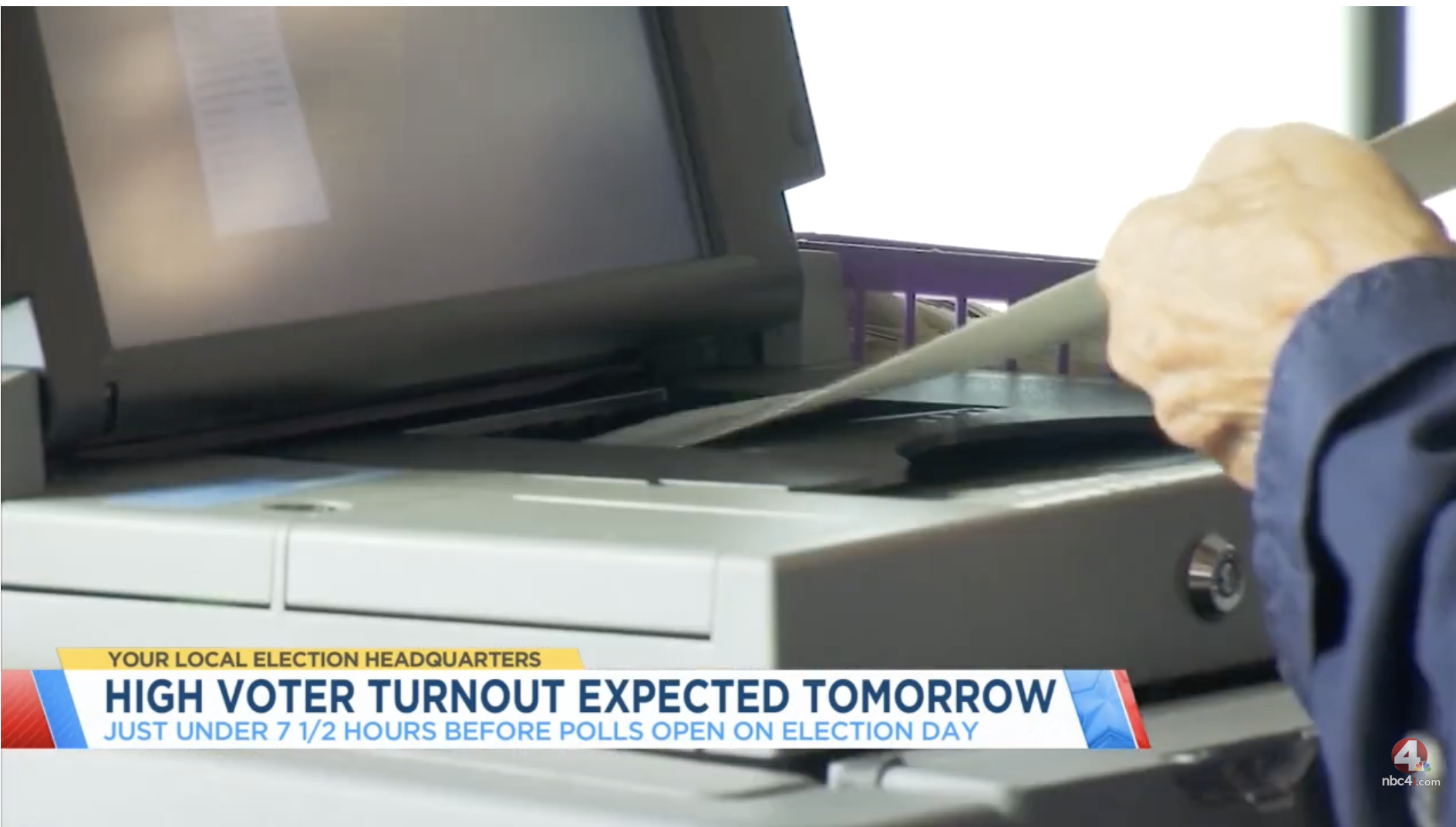A Wisconsin state court has ordered the Wisconsin Elections Commission (WEC) to verify the citizenship status of individuals on the state's voter registration rolls. The ruling, issued by Waukesha County Circuit Judge Michael Maxwell, mandates that the commission must ensure that only U.S. citizens are registered to vote in Wisconsin elections.
Explainer Wisconsin Judge Orders Election Commission to Verify Voter Citizenship
The judge's decision comes amid ongoing debates about election integrity and the presence of noncitizens on voter rolls. Judge Maxwell's ruling requires the WEC to check its voter registration list for noncitizens and prohibits the acceptance of voter registrations without prior verification of citizenship.
In his 13-page ruling, Maxwell stated, "WEC has a plain and positive duty to verify U.S. citizenship of every person seeking to register to vote in Wisconsin." He emphasized the importance of maintaining accurate voter rolls and ensuring that only eligible voters participate in elections.
The ruling has significant implications for the upcoming elections, as it aims to address concerns raised by Wisconsin voters Ardis Cerny and Annette Kuglitsch, who filed the lawsuit against the WEC. They argued that their votes could be diluted by noncitizens participating in elections. The plaintiffs contend that the integrity of their votes is compromised when noncitizens are allowed on the voter rolls.
In response to the ruling, the WEC has indicated its intention to appeal. An email obtained by The Federalist revealed that the commission was in contact with local election clerks shortly after the ruling, signaling its reluctance to comply with the order. The email stated that attorneys from the Wisconsin Department of Justice were reviewing the order and that further legal actions were likely.
Kevin Scott, an attorney representing the plaintiffs, expressed confusion over the WEC's decision to appeal. He remarked, "I’m not sure why?" He noted that the commission's history of resisting timely voter roll cleanups raises questions about its commitment to election integrity.
The judge's ruling highlights a broader concern regarding the WEC's handling of voter registrations. Critics have pointed to a pattern of resistance from the commission in implementing measures to ensure the accuracy of voter rolls. In its motion to dismiss the lawsuit, the WEC argued that state law does not require it to vet the voter rolls for noncitizens, a position Maxwell rejected in his ruling.
The court emphasized that Wisconsin statutes mandate that only eligible voters may cast ballots. The ruling stated, "WEC has no discretion whether to include non-U.S. citizens in the official voter roll, because the official voter roll may only include those 'electors [who] are properly registered to vote.'" This assertion underscores the legal obligation of the WEC to maintain an accurate and lawful voter registration process.
The issue of noncitizens on voter rolls has gained national attention, particularly following a constitutional amendment passed by Wisconsin voters last year, which explicitly states that only U.S. citizens are allowed to vote in state elections. However, the amendment faced opposition from many Democrats in the state legislature, raising questions about bipartisan support for election integrity measures.
As the WEC prepares to appeal the ruling, the court has ordered the parties involved to develop a plan to evaluate the current voter rolls. Judge Maxwell has set a timeline for this process, aiming for substantial completion before the Wisconsin Supreme Court election scheduled for April 2025.
The WEC has not commented on the pending litigation, but the ruling has sparked renewed discussions about the importance of verifying voter eligibility and maintaining the integrity of the electoral process in Wisconsin.
Why it matters
- The court ruling mandates the WEC to verify voter citizenship, addressing concerns about election integrity and noncitizen participation.
- The decision follows a lawsuit by voters worried about their votes being diluted by noncitizens on the rolls.
- This ruling emphasizes the WEC's legal obligation to maintain accurate voter registration, impacting upcoming elections.
- The case highlights ongoing debates over election integrity in Wisconsin, especially after a recent constitutional amendment on voting eligibility.
What’s next
- The WEC plans to appeal the ruling, indicating potential delays in implementing the verification process.
- A timeline has been set for evaluating voter rolls, with substantial completion expected before the April 2025 Supreme Court election.
- Parties involved must develop a plan to assess current voter registrations as part of the court's order.
